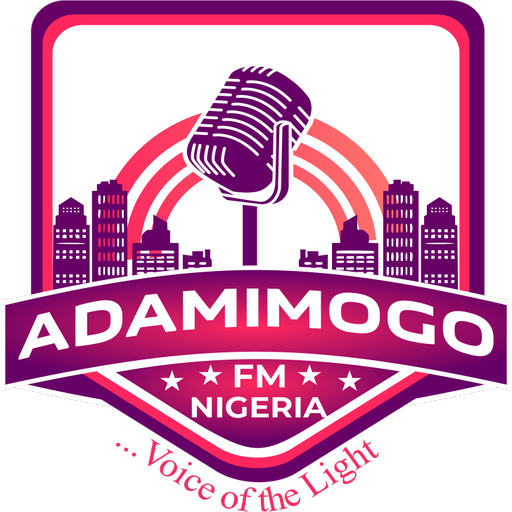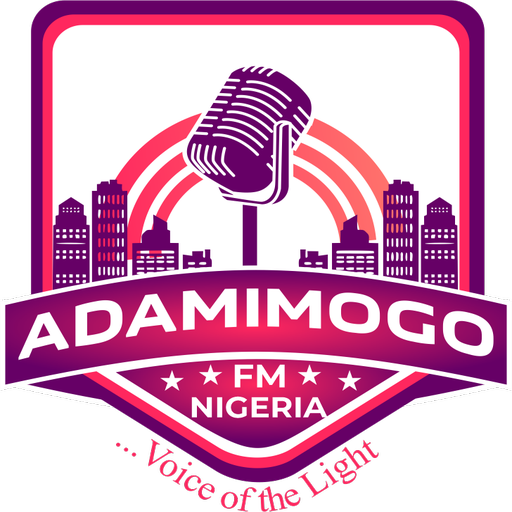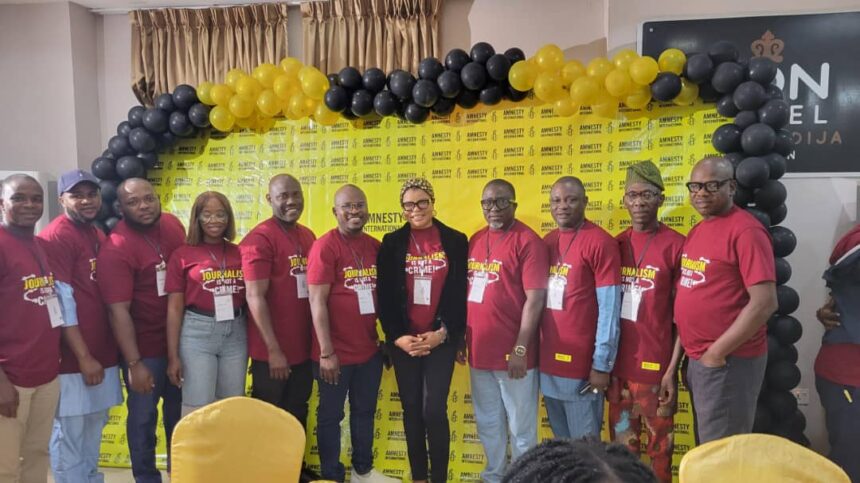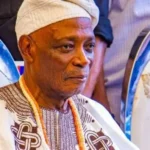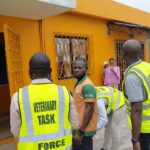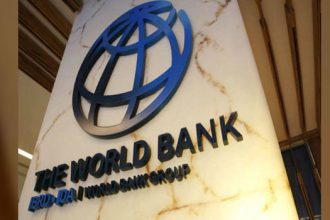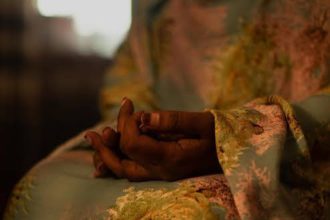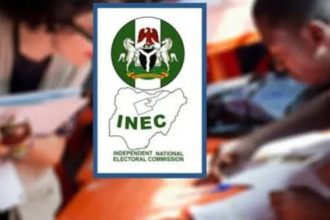Amnesty International has concluded a two-day training workshop in Ibadan, Oyo State, with the aim of empowering journalists from Nigeria’s South West with skills for ethical and human rights-focused storytelling.
The initiative brought together media professionals from Oyo, Ekiti, Ogun, Ondo, and Osun states to sharpen their capacity for impactful reporting that promotes justice, accountability, and national cohesion.
The workshop, which held over two days, attracted journalists from print, broadcast, and digital platforms. It was organized to equip participants with practical tools and strategies for covering human rights issues responsibly and courageously in a fast-changing media landscape.
Speaking at the opening session, Michael Christian, Social Media Communication Officer for Amnesty International Nigeria, spotlighted the growing relevance of the media in advancing human rights. He noted that while journalism continues to evolve, its central role in shaping public opinion, influencing policy, and holding authorities accountable remains vital.
“By amplifying human rights narratives and shedding light on violations, the media act as powerful agents of change, advocating for justice, equality, and dignity for all,” Christian said.
Meanwhile, the Executive Director of the Centre for Free Speech Organisation, Richard Akinnola spoke on the evolving role of journalists in defending democracy and human rights. He cautioned reporters to be particularly diligent when handling human rights stories in an era shaped by artificial intelligence and misinformation.
“Be careful while investigating human rights stories, especially in this era of artificial intelligence,” Akinnola said. “Equip yourself with the right gadgets and ensure you have credible evidence. There are tools now that can help you do in-depth investigative stories and protect yourself in the process.”
Similarly, a renowned investigative journalist, Fisayo Soyombo, delivered a session on “Investigative Journalism in a Climate of Impunity.” He described the complexities and dangers of holding the powerful accountable in Nigeria, where journalists often face harassment, arrests, and other threats.
“There’s always been a debate on whether a journalist can be a rights advocate and still remain objective. But what matters is that facts and evidence can speak for people,” Soyombo said. “You don’t always need to be on the streets with placards. Investigative journalism is advocacy in action.”
Soyombo added that despite the challenges, including physical intimidation, economic hardship, and institutional resistance, journalists must view these obstacles as part of the narrative and persist in speaking truth to power.
Other facilitators at the training included Dr. Kabiru Danladi of the Mass Communication Department, Ahmadu Bello University, Zaria, who delivered a session on “Ethics in Practice: Upholding Integrity in Reporting,” and Dr. Arthur-Martins Aginam, who explored the journalist’s role as a human rights defender.
Amnesty International used the occasion to clarify its role in Nigeria. According to Benedicta Ofili, Finance and Office Manager at the organisation, AI is not an adversary to government but a watchdog committed to ensuring that the rights of Nigerians are respected and protected.
“Our concern is to ensure that the rights of the people are well protected,” Ofili said. “We don’t fight the government. Our presence in Nigeria is rooted in the need for human rights protection. If something is wrong and the people don’t speak up, the media can—and must—speak up.”
Ofili explained that Amnesty International does not act on hearsay, but rather conducts thorough investigations before making public statements. “We cross-check available information, send our staff out for impact assessments, and only publish verified findings.”
She encouraged journalists not to shy away from human rights reporting, despite the risks or political insinuations. “The media is the voice that people listen to. You have the power to shine a light where it matters most.”
The training served as a vital platform for reinforcing the role of journalism in safeguarding democracy and human dignity, especially in a region where rights violations often go underreported.
